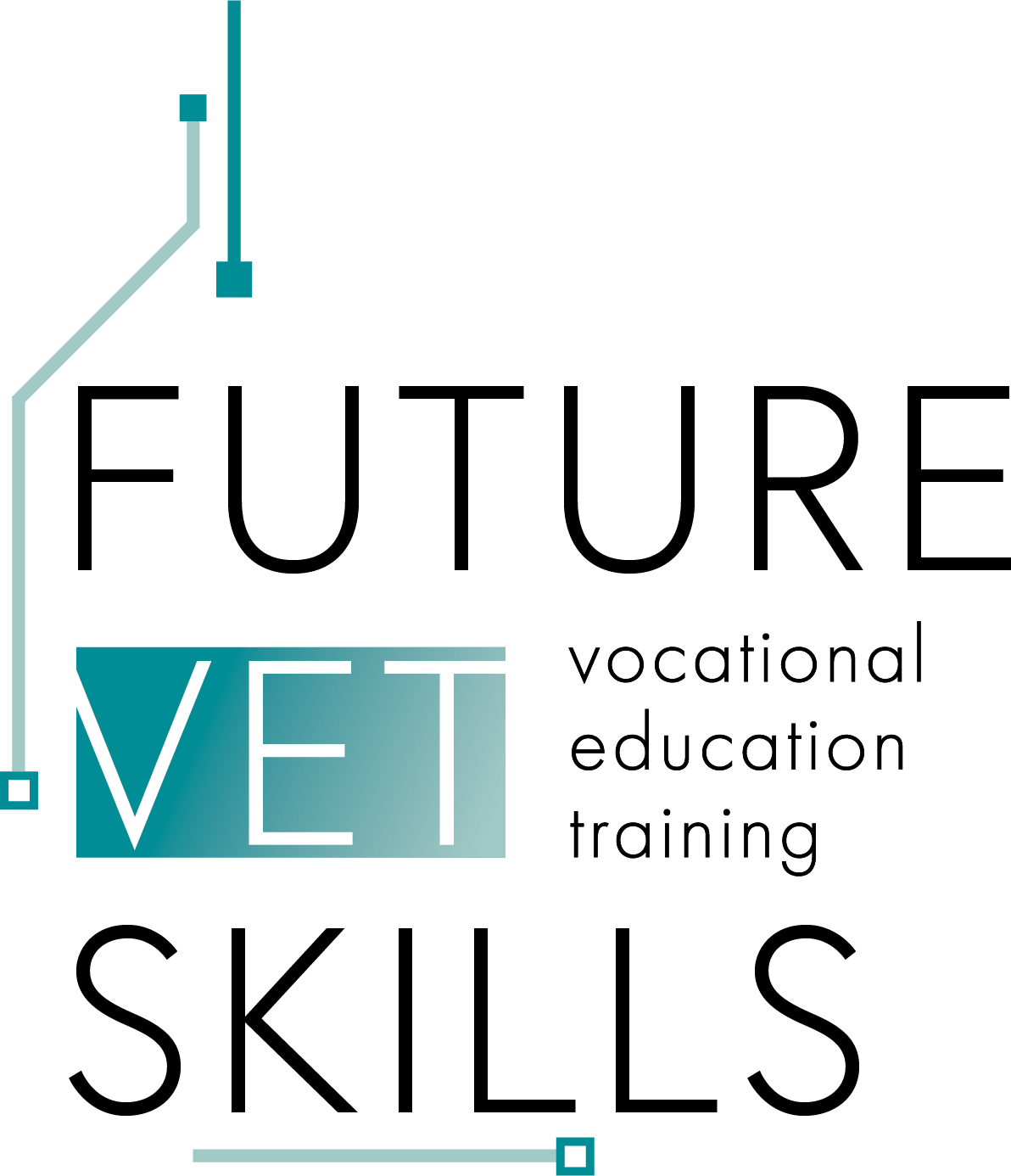In an era of rapid technological and social change, vocational training requires more than technical expertise, it demands a holistic approach that integrates essential soft skills to prepare trainers for the challenges of tomorrow. At the Ghabbour Foundation, a team of dedicated trainers has taken the lead in this endeavor, developing a comprehensive digital handbook that showcases the best practices in soft skills education.
This initiative stems from a transformative training session conducted by BWC – Bildungswerkstatt Chemnitz experts in October 2023. The handbook combines theoretical foundations with real-world applications, enriched by photos and videos captured during hands-on sessions at the Ghabbour School.
The Importance of Soft Skills in Vocational Training
Soft skills, such as communication, adaptability, problem-solving, and resilience, are the building blocks of effective training. These skills enable trainers to engage learners dynamically, foster collaboration, and cultivate a growth mindset. The digital handbook provides actionable strategies for incorporating these competencies into vocational education.
Innovative Features of the Handbook
The handbook addresses a range of critical topics, including:
- Active Learning Techniques: Methods to create engaging, student-centered activities that promote critical thinking.
- Technology Integration: Tools and platforms like Padlet and Mentimeter that enhance interactivity and feedback.
- Resilience Building: Strategies for fostering adaptability in trainers and students alike.
- Presentation Mastery: Tips on crafting clear, impactful presentations using visual aids and effective body language.
Meet the Team
The project was brought to life by a passionate team of trainers:
- Abd El Rahman Ibrahim Ragab Ibrahim
- Mario Nabil Morcos Salib
- Ehab Mohamed Fathy Mohamed
- Poula Monir Gerges Mousa
- Amr Abdelnaim Ali Elsayed Dawood
A Step Toward Future-Ready Vocational Education
This handbook is more than a resource, it’s a call to action for vocational trainers to embrace innovation, prioritize soft skills, and create an environment that nurtures lifelong learning.
By integrating these elements into their methodology, trainers can prepare students not just for jobs, but for meaningful careers in a rapidly evolving world.

